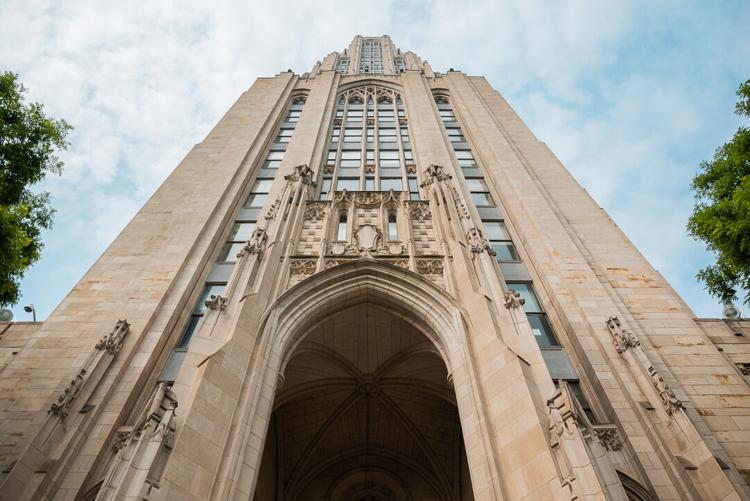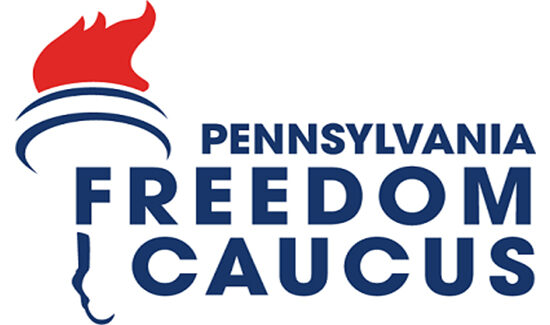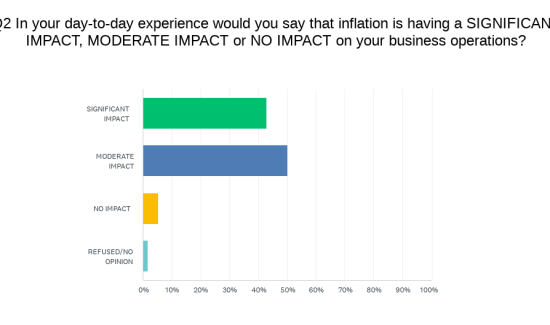In-State Tuition at Pitt, PSU Among Costliest in the Nation

(The Center Square) – Attending a public college is an affordable choice for many students, and the costs are significantly lower for those in-state.
Even so, two Pennsylvania state-related universities rank among the top 10 of those with the highest in-state tuition in the nation.
The University of Pittsburgh, or Pitt, was listed as the second highest, and Penn State came in at number eight – $20,362 and $18,898 respectively. The national average for in-state public universities is around $10,000.
Pitt’s tuition may be high, but so is its graduation rate, which is 82%, or 15% above the average.
“Opting to study at a public university in your home state can be a great way to save money on tuition,” Levy said, adding that students attending college outside of their home state “can end up paying more than double the tuition costs of their in-state counterparts.”
Jason Stonesifer, Pitt’s spokesperson, told The Center Square the university is encouraged by the latest budget developments in Harrisburg, but remain eager for the General Assembly to act on funding for Pennsylvania’s state-related universities.
“Pitt uses every penny of this funding to reduce tuition by about $16,000 annually for our in-state students,” he said. “We know the University community is very concerned, and our team is working with Pennsylvania’s leaders to secure Pitt’s funding and continue our 60-year partnership with the commonwealth.”
Stonesifer provided messages sent to the Pitt community by campus officials – the day they announced a tuition increase – saying they were hopeful the state’s lawmakers would support the governor’s proposed increase in funding and voicing their appreciation for the community’s dedication and hard work.
Senior Vice Chancellor and Chief Financial Officer Hari Sastry explained they have worked hard to minimize the impact of flat state funding and lost revenue due to COVID-19 on students.
Graduate students – both in- and out-of-state – will see an increase of 3.5%, an average increase of $436 per term for in-state students and $740 per term for out-of-state students.
The increases will only affect students on the Pittsburg campus – tuition at regional campuses will remain flat.
Sastry’s message explained that a significant portion of its revenue is devoted to financial aid, “which more than half of all students now receive.” The recently approved FY 2024 budget also includes a 4% increase for staff and non-represented faculty compensation, and a minimum wage increase to $16.50 per hour for eligible staff.
He said they remain committed to keeping costs low for students while ensuring a “high-quality, world-class education” and this budget “is designed to allow Pitt and our people to advance our mission and achieve our goals, both now and in the years ahead.”
Chancellor Joan T.A. Gabel told the community that “while there remains uncertainty regarding the state allocation,” they believe it is imperative for their students and their families to know what the tuition rates would be for the 2023-2024 academic year, and the budget was approved “under the assumption that the state will continue its half-century-plus tradition of supporting in-state students” which number more than 17,000.
The Center Square recently reported that Penn State placed a temporary hold on general salary increases to redirect funding for students who rely on the in-state tuition discount until the state’s funding is finalized.





